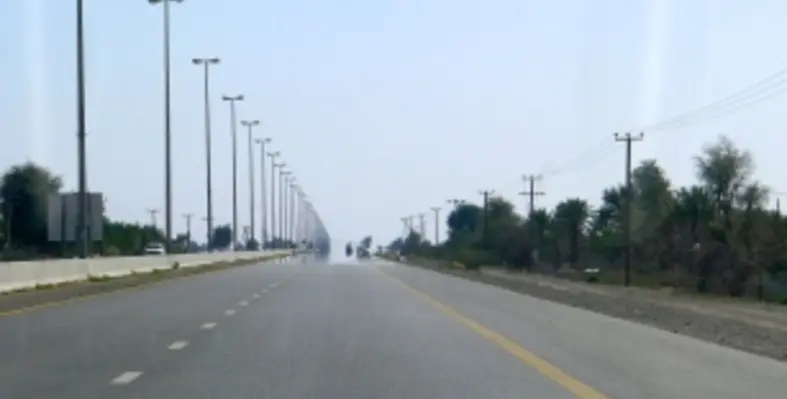The Middle East and North African (MENA) countries including Tunisia, Jordan and Lebanon have started announcing plans for progressive ease of lockdown and curfew measures
There are four reported COVID-19 cases among persons of concern in the region (Lebanon, Iraq and Yemen). The United Nations High Commissioner for Refugees (UNHCR) is monitoring the situation and supporting national response plans to contain any further spread. Where possible, UNHCR is ensuring that isolation and quarantine protocols are followed to prevent the spread in refugee camps, IDP sites and communities hosting displaced populations.
Governments instituted full or partial closures of schools and education facilities, impacting around 1.6bn children and youth worldwide. From the COVID-19 crisis, refugees, asylum-seekers, and other displaced people are at a particular disadvantage.
Several countries in MENA have progressively implemented solutions like activating national online learning platforms or enhancing the use and access to platforms that existed prior to the crisis, providing TV and radio-based learning, as well as using more home-based learning paths. While these solutions have entailed numerous challenges and boosted innovation, equity in access to online learning is a major concern.
School closures are impacting on nutrition, with many missing out on school-feeding programmes. The protection concern for children currently out of school are heightened, due to emotional distress caused by lockdown and the increased risk of child abuse, neglect, violence or exploitation because of financial difficulties arising from shelter-in-place policies. An extension of school closures into the longer-term could also threaten to erode future school enrolment, particularly for girls.
To address the possible impacts of COVID-19 on child protection, the continuation of UNHCR?s regular programming is critical to minimise risks. In the absence or reduction of face to face contact with children of concern in this current climate, UNHCR MENA Operations have adjusted to remote case processing modalities, ensuring continuous coordination with child protection partners and due functioning of community outreach mechanisms.
Since the publication of the UN?s COVID-19 Global Humanitarian Response Plan in March, needs related to the COVID-19 pandemic have increased across the world. On 7 May, the UN launched an updated Global Humanitarian Response Plan, expanding the global plan to fight COVID-19 in fragile countries and increasing funding requirements from US$2bn to US$6.7bn. UNHCR?s revised total requirements to support the COVID-19 preparedness and response in situations of forced displacement, including those for UNHCR MENA, has increased from US$255mn to US$745mn.
So far, a total of US$230mn has been contributed or pledged to the UNHCR Global Appeal.







